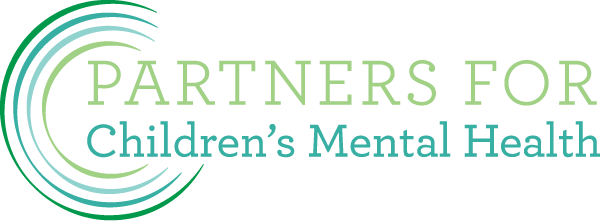We’re heartbroken and outraged at the recent murders of George Floyd, Breonna Taylor, Ahmaud Arbery, Elijah McClain and the many more Black Americans who have long suffered unjust and brutal treatment. We stand with the Black Lives Matter movement and the protesters demanding justice. We know that much change is needed to combat systemic racism — and we know that change is needed within our own organization.
Our advisory council — the individuals who help guide our work — doesn’t reflect the diverse population we serve. Our organizational mission is to bring communities together to improve children’s mental health, but we haven’t done enough to involve underrepresented communities. Furthermore, in our efforts to improve the children’s mental health system in Colorado, we haven’t paid enough attention to the impact of racism on access to and quality of services.
We’re committed to doing better moving forward. We’re immediately taking the following steps:
- Planning a series of community conversations around the major health disparities facing the state of Colorado and solutions for mental health equity for all youth.
- Working with our advisory council and a consulting firm with expertise in board management to diversify representation in the council. As we consider 2021 council members, our goal is to be representative of the youth and families who we serve in Colorado.
- Revisiting our hiring approach to increase representation among our own staff. Immediate changes will include implementing blind review of resumes.
- Make our training activities more culturally and linguistically responsive by applying an equity lens as we consider content distributed, target audiences, and types of programs offered. We’re also in the process of expanding our training offering to include online courses to help reach the workforce and families in rural communities.
- Through our monthly newsletter, disseminating academic research/data on the health disparities that people of color and other marginalized communities face.
- Improving our approach to measuring outcomes (access, prevalence) for people of color across Colorado in order to reduce the research bias that ultimately informs policy and funding decisions.
Here at PCMH, we’re committed to listening, learning, and improving. We’re committed to supporting diversity, equity, and inclusion in our own workplace, as well as in communities throughout Colorado. We’re committed to the fight against systemic racism.

